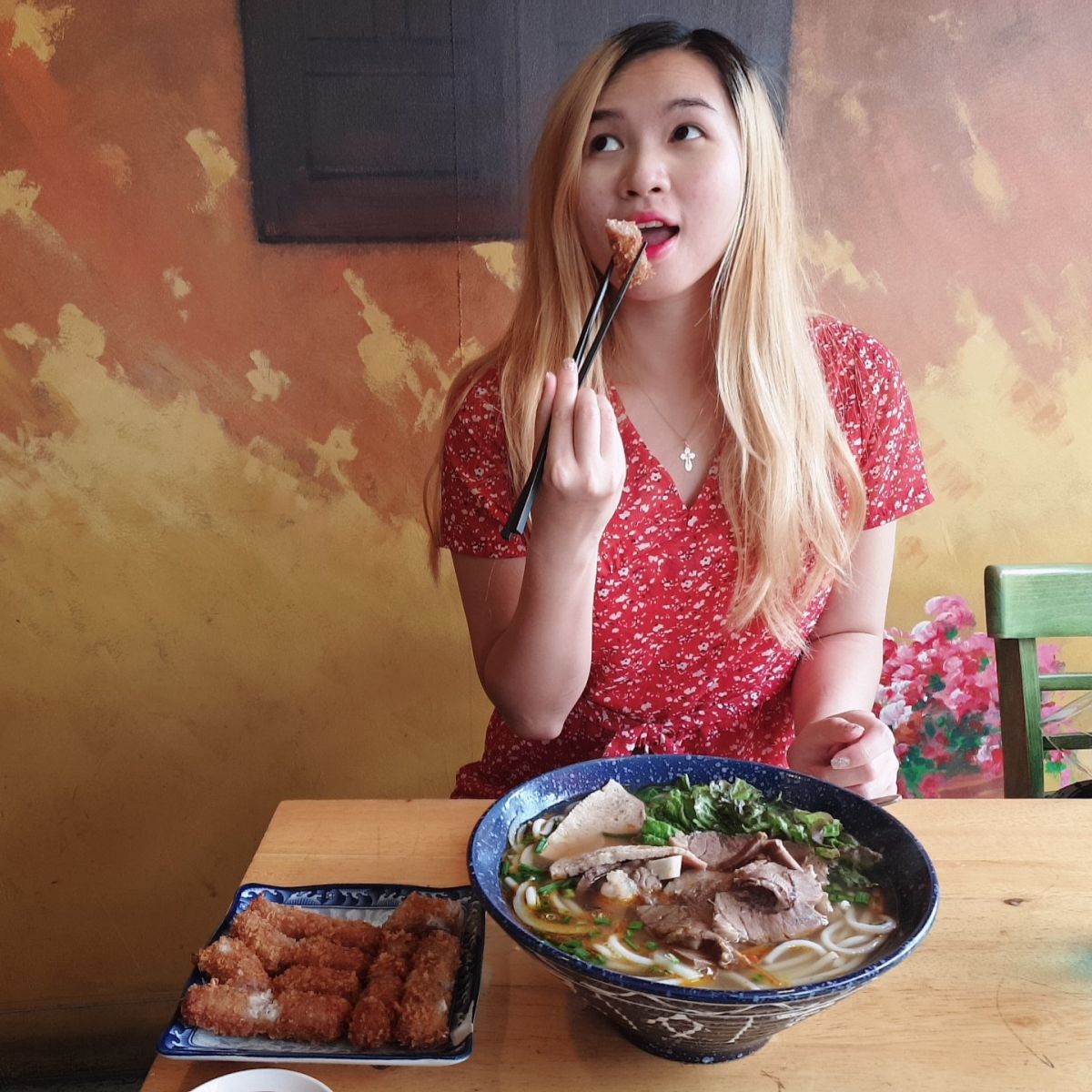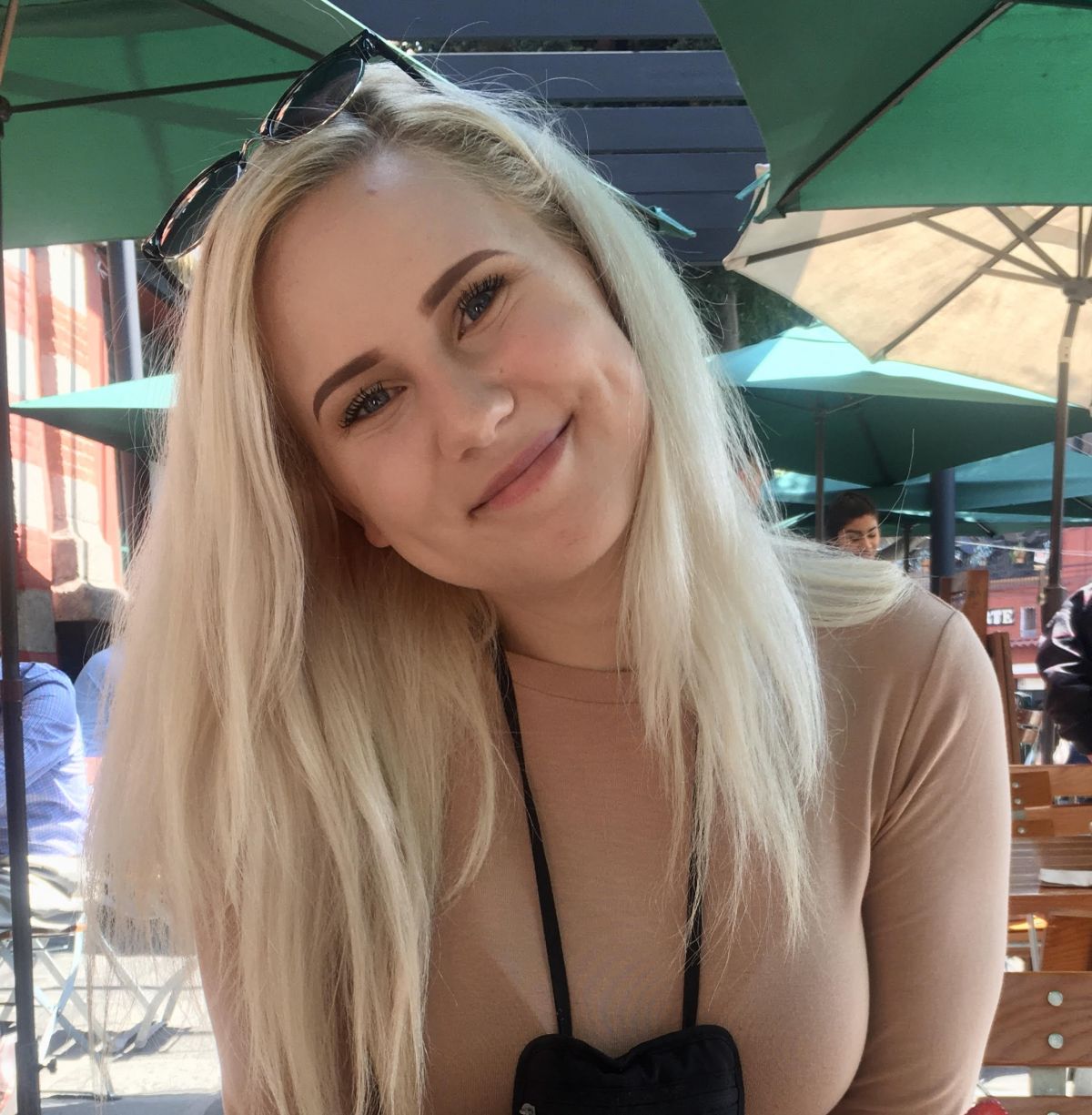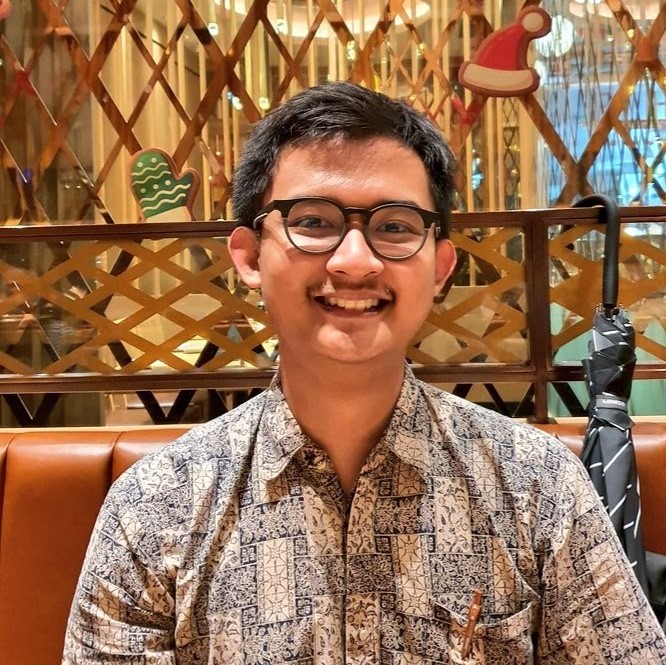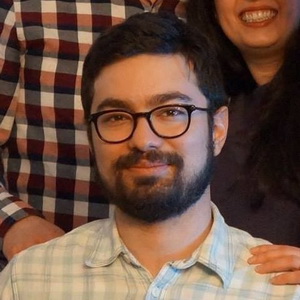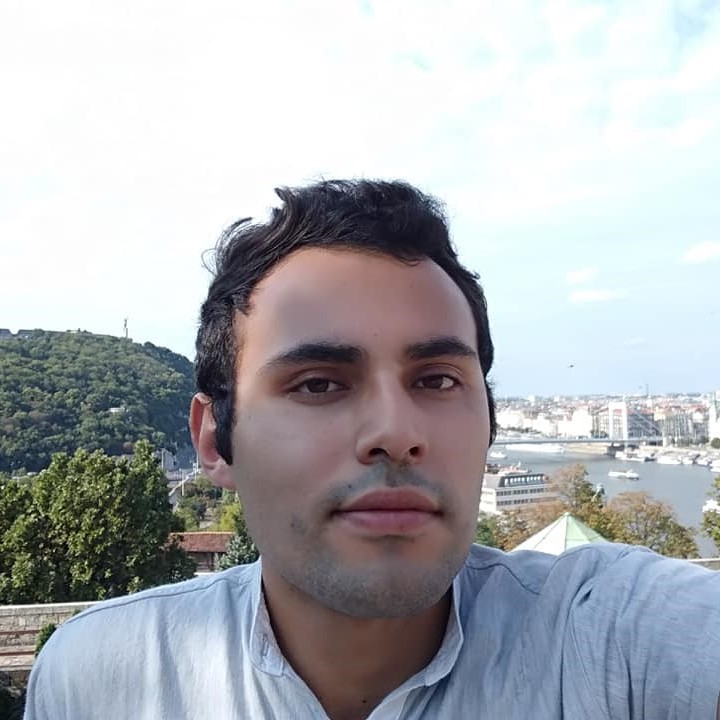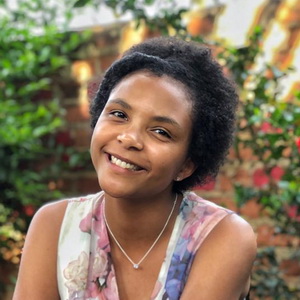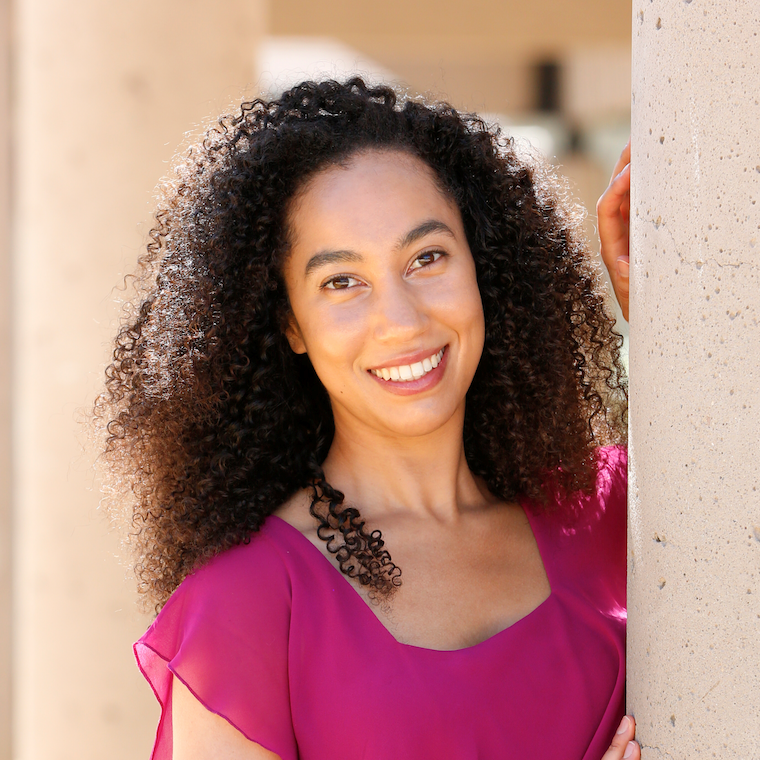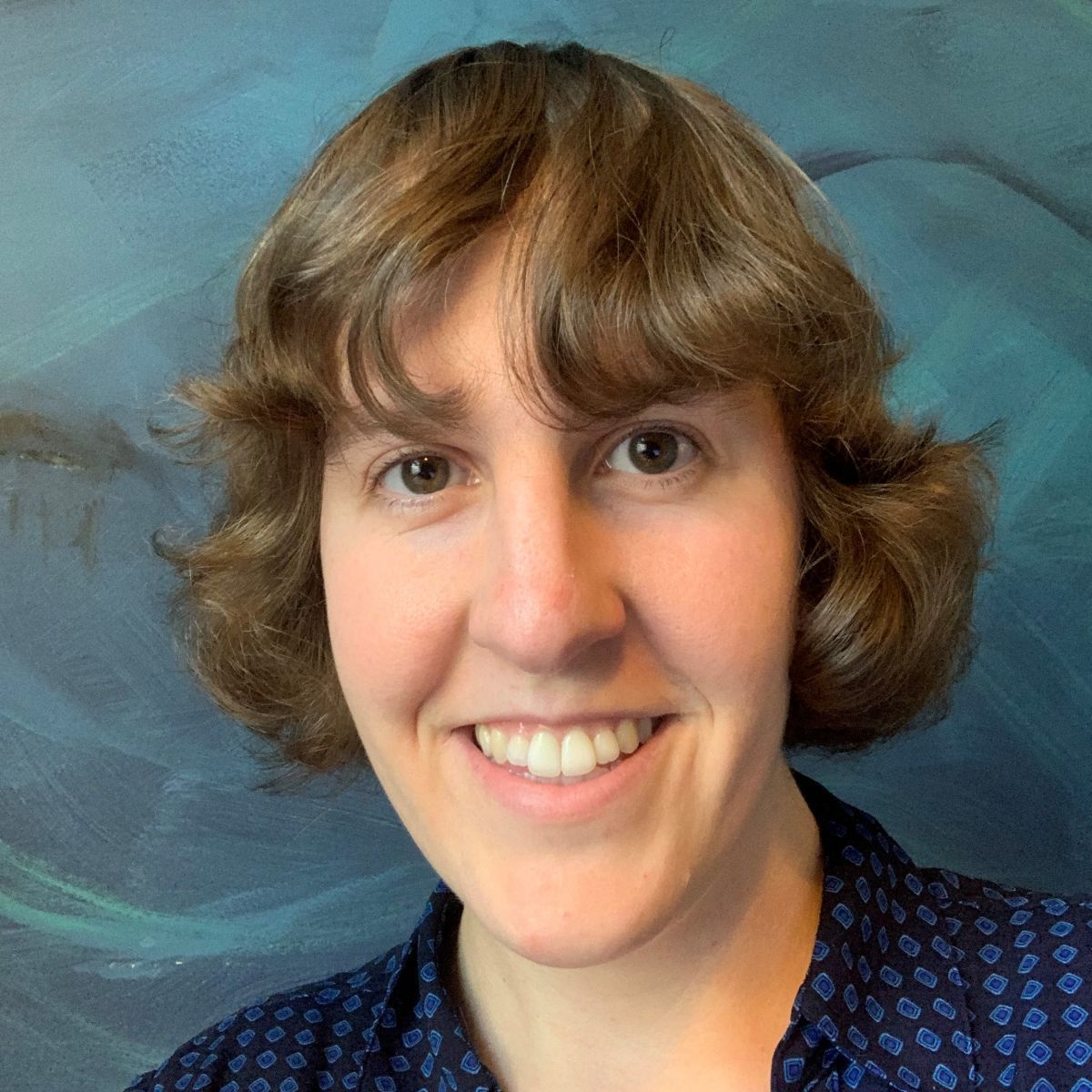When Air Pollution Turns Heaven to Hell (2)
In alcuni giorni la fitta coltre di smog nasconde edifici e vetture.
South Korea, Eastern Asia
Story by Nhi (Christie) Pham. Translated by Anita Landolfo
Published on August 15, 2022.
This story is also available in 


Durante i 5 anni vissuti in Corea del Sud ho visto la sua bellezza splendere in ogni stagione. La romantica fioritura di ciliegi, le spiagge assolate, gli incantevoli aceri e le montagne innevate rendono la Corea un paradiso agli occhi di coloro che l’ammirano. La città di Seoul è bellissima nei giorni limpidi, con il suo cielo azzurro e le colline verdeggianti visibili dalle strade cittadine; tuttavia, a causa della fitta coltre di smog, in alcuni giorni si fa fatica a scorgere il cielo. In tali giorni, l’AQI (Air Quality Index - Indice di qualità dell’aria) descrive l’aria come “pericolosa” e, con una semplice raffica di vento, vetture ed edifici vengono ricoperti di polvere.
Le polveri sottili compongono l’aria in ogni stagione, ma quando l’aria è particolarmente secca, le concentrazioni di polveri sottili ed ultrasottili raggiungono livelli pericolosi per giorni o perfino settimane. Le polveri sottili rappresentano una grave minaccia per la salute in quanto contengono nitrati, nero di carbonio e polveri minerali. Esse hanno piccole dimensioni e non sono visibili a occhio nudo; oltrepassano facilmente naso e gola, penetrando nel sistema circolatorio e causando danni agli organi. Ho vissuto in prima persona i danni dell’inquinamento ambientale in Corea del Sud; poco dopo essermi trasferita, iniziai ad avere i sintomi di una grave allergia alla polvere. Nei giorni più inquinati, i miei occhi diventarono arrossati e pruriginosi e fui costretta a recarmi dal medico per la prescrizione di farmaci; tuttavia, il suo atteggiamento mi sorprese poiché si comportò come se i miei sintomi, in quella stagione, fossero piuttosto comuni tra i pazienti.
I sintomi respiratori causarono in me stress e ansia.
I sintomi peggiorarono, iniziai ad avere difficoltà respiratorie e dolore toracico e, dal momento che a quel tempo la Corea era alle prese con la pandemia di COVID-19, iniziai a preoccuparmi seriamente provando stress e ansia. Mi furono diagnosticate rinite e reflusso acido dovuti ad un’allergia alle polveri sottili e allo stress. Volevo davvero andar via dal paese a causa di quei problemi di salute.
Durante la stagione delle polveri, è piuttosto frequente vedere avvisi d’allerta relativi all’inquinamento ambientale, in cui si consiglia ai cittadini di astenersi dalle attività all’aperto e di prendere mezzi di trasporto pubblico piuttosto che vetture personali. Si assiste anche ad un aumento nella vendita e promozione di prodotti per la protezione da polveri sottili, quali mascherine KF95 e depuratori d’aria. Le polveri sottili sono ormai parte della quotidianità cittadina e, vivere in Corea, significa anche dover essere preparati e abituarsi ad esse. Ogni volta che scattano i livelli di allerta, gli stranieri mostrano la propria frustrazione, commentando di voler lasciare il paese a causa di quel paradiso, ormai, trasformatosi in un vero e proprio inferno.
Molti sudcoreani accusano la Cina di aver dato vita a tali circostanze; infatti, si sentono spesso nei notiziari coreani frasi come “è in arrivo la tempesta di sabbia gialla cinese” (중국 황사 몰려온다) oppure “le polveri sottili sono causate dalla Cina” (중국탓 황사).
Tuttavia, grazie agli studi condotti dalla NASA e dal NIER (National Institute Of Environmental Research – Istituto nazionale della Corea di Ricerca Ambientale), ho appreso che le industrie locali, le costruzioni, le imbarcazioni e le prese elettriche, contribuiscono alla produzione di polveri sottili in misura maggiore rispetto alle fonti oltreoceano. Per gestire il problema, la Corea sta cercando di sensibilizzare i cittadini sulle problematiche ambientali, incoraggiando le persone ad agire nella loro quotidianità. Ogni volta che il livello delle polveri è alto, il governo revoca il pagamento dei biglietti di metropolitane e pullman e chiude i parcheggi; inoltre, per promuovere un tipo di trasporto più sostenibile, sono state costruite piste ciclabili e zone esclusivamente pedonali. Di recente, mi è anche capitato di vedere più pullman elettrici.
Grazie agli sforzi e ai passi in avanti promossi dal paese per ridurre l’inquinamento atmosferico e i problemi causati dalle polveri sottili, ho riconsiderato la decisione di andar via e spero vivamente che nei prossimi dieci anni la Corea potrà quotidianamente vantarsi del cielo limpido e dell’aria pulita.
Riferimenti
Korea Air Pollution Control Industry overview, best prospects, trade shows and contacts, 2020, International Trade Administration, https://www.trade.gov/knowledge-product/korea-air-pollution-control
Seoul's Answer to a Pollution Crisis: Free Public Transit, 2018, Bloomberg CityLab, https://www.bloomberg.com/news/articles/2018-01-24/seoul-tackles-air-pollution-with-free-public-transit
Chinese Yellow Dust Or Korean Factory Fumes? NASA Teams Cruise For Clues, 2016, Forbes, https://www.forbes.com/sites/donaldkirk/2016/05/13/yellow-dust-from-china-or-korean-industry-nasa-scientists-sample-skies-for-sources-of-pollution/?sh=5a3f07dc6047
미세먼지: 당신이 알아야 할 6가지 사실, 2018, BBC News KR, https://www.bbc.com/korean/news-43524873
미세먼지-배출-정보와-발생-원인을-알고-싶다면, 2021, The Science Times news, https://www.sciencetimes.co.kr/news/
계절별 평균, 2020, Seoul Atmospheric Environment Information, https://cleanair.seoul.go.kr/statistics/seasonAverage
How does this story make you feel?
Follow-up
Do you have any questions after reading this story? Do you want to follow-up on what you've just read? Get in touch with our team to learn more! Send an email to [email protected].
Talk about this Story
Please enable cookies to view the comments powered by Disqus.
Subscribe to our Monthly Newsletter
Stay up to date with new stories on Correspondents of the World by subscribing to our monthly newsletter:
Other Stories in Italiano
Explore other Topics
Get involved
At Correspondents of the World, we want to contribute to a better understanding of one another in a world that seems to get smaller by the day - but somehow neglects to bring people closer together as well. We think that one of the most frequent reasons for misunderstanding and unnecessarily heated debates is that we don't really understand how each of us is affected differently by global issues.
Our aim is to change that with every personal story we share.
Community Worldwide
Correspondents of the World is not just this website, but also a great community of people from all over the world. While face-to-face meetings are difficult at the moment, our Facebook Community Group is THE place to be to meet other people invested in Correspondents of the World. We are currently running a series of online-tea talks to get to know each other better.











